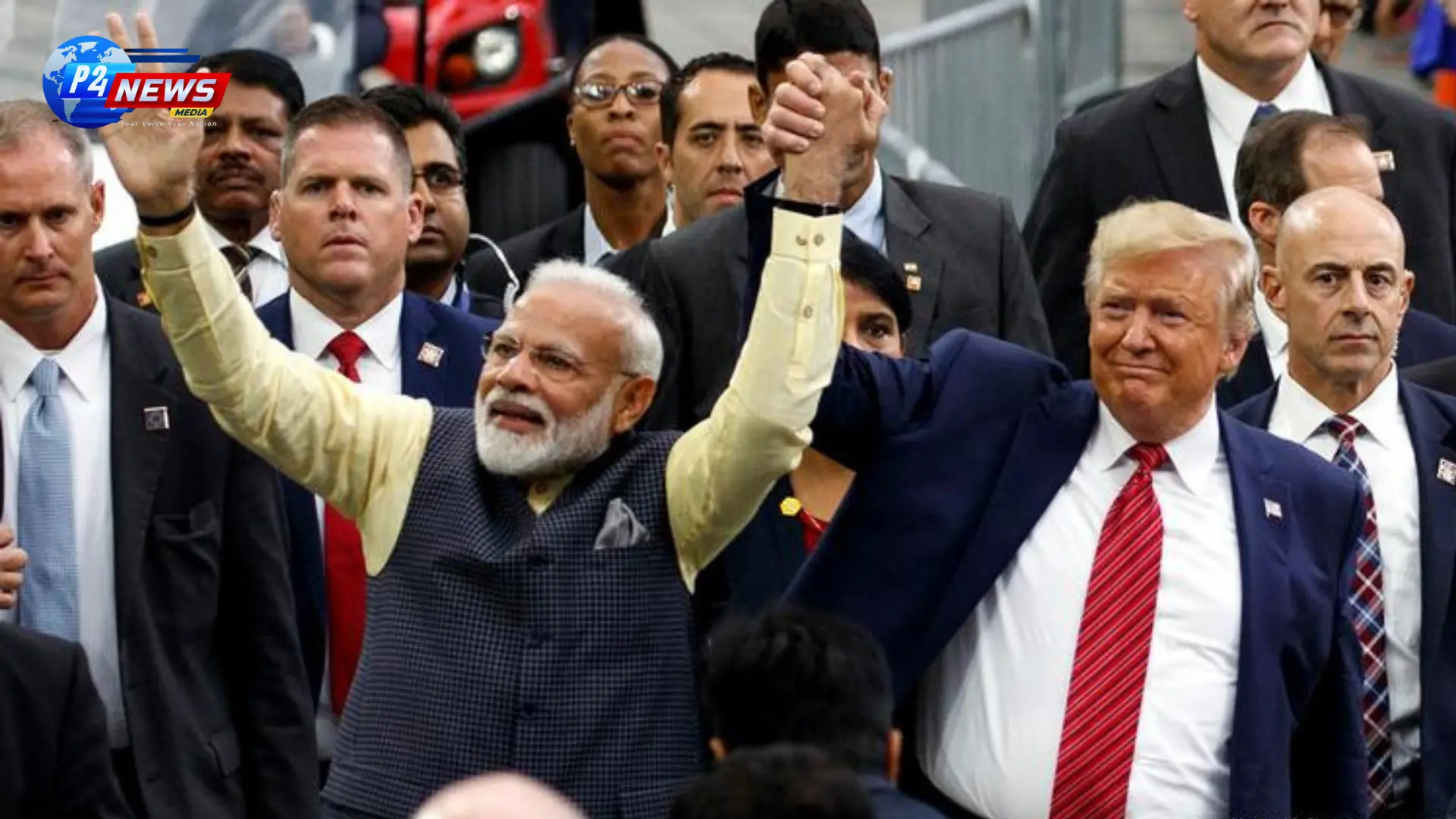Analyzing the nuances within India-US ties under Trump, this article explores how his administration's approach could impact diplomatic, economic, and cultural exchanges.
Analyzing the nuances within India-US ties under Trump, this article explores how his administration's approach could impact diplomatic, economic, and cultural exchanges.
To grasp the implications of Donald Trump's role in shaping India-US relations, one must first understand his vision for America and the context of India's strategic importance in that vision. While India holds a significant position in US foreign policy, it should be noted that it is not as crucial as some may believe. This examination will shed light on the personal rapport between Prime Minister Narendra Modi and Trump, alongside a broader analysis of the political dynamics at play.
The Trump administration is expected to adopt a less interventionist stance regarding domestic politics in India. This could potentially provide New Delhi with the political latitude needed to bolster its ties with the United States. In the face of political pressures from its own constituency, which may demand a reassessment of relations with the US, Trump's approach could be seen as advantageous. However, significant challenges remain regarding the economic and technological exchanges that India aspires to achieve.
India's aspirations for economic cooperation with the US may encounter hurdles under Trump's leadership. While his administration may create some political space, it might also hinder India's ability to secure essential economic and technological benefits needed for its growth and strategic objectives. The question arises: will the political leeway lead to alignment on these goals, or will economic discord limit the available political space?
The 'America First' philosophy emphasizes job creation and capital retention within the US, which may conflict with India's ambitions to attract American investments. Unlike the previous Biden administration, which encouraged diversifying supply chains and fostering investment in India, Trump is less inclined to facilitate tech transfers and foreign investments, preferring to keep capital within US borders.
Trump's perspective on trade is shaped by an apprehension of trade deficits, particularly with nations like India. India's history of opening its markets and fostering imports has often led to a trade imbalance, which Trump perceives negatively. This unidimensional view of trade relations could ignite friction if either side attempts to unilaterally alter trade agreements.
Religious freedom represents another area of potential contention. Trump's evangelical support base may seek to influence US policies regarding religious practices in countries like India. The contrasting ideologies and objectives related to religious matters could lead to difficult conversations between the two nations, complicating diplomatic dialogue.
Despite these challenges, there exists common ground between the two nations. Both the Republican administration and India's security establishment share concerns over common adversaries, including China and Islamist extremism. The historical cooperation during significant crises showcases the potential for collaborative engagement.
The dynamics of the Trump administration may ultimately create openings for India to deepen its strategic partnership while simultaneously illustrating the complexities of achieving its economic aspirations. As India navigates this landscape, it will need to adopt a nuanced and strategic approach to capitalize on opportunities while mitigating risks.
The path ahead is precarious yet promising, suggesting an unpredictable future for India-US relations during Trump's tenure.
'
Like
Dislike
Love
Angry
Sad
Funny
Pray
9th Ayurveda Day in Melbourne: A Celebration of Ayurvedic Innovations and Global Health Impact
November 10, 2024Australia’s Terror Alert Jumps to ‘Probable’: What You Need to Know About the Increased Risk
August 05, 2024🍪 We Value Your Privacy and Experience Hi there! We use cookies to enhance your browsing experience, provide personalized content, and analyze site traffic. By continuing to use our site, you consent to our use of cookies.







Comments 0